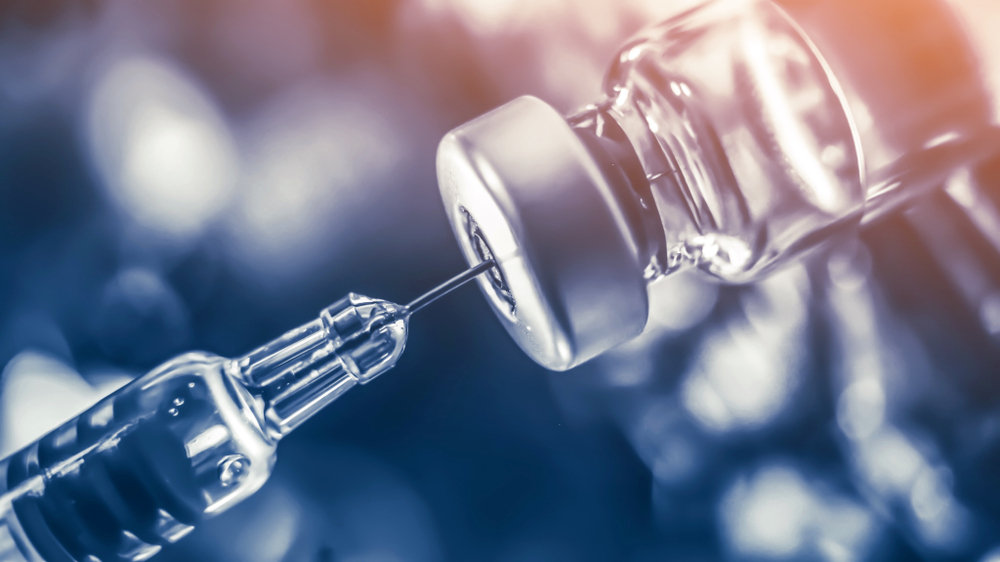A leading specialist says new guidance from the British Menopause Society could help hundreds
Women who have experienced or are experiencing the menopause often see a sharp decline in their hormone levels, but while the public perception is that oestrogen is at fault, new guidance suggests that testosterone could play a key role in reducing the symptoms of the menopause.
While more commonly associated with men, testosterone is actually a very important female hormone that actually represents three to four times the amount of oestrogen produced in the body by the ovaries, according to Dr Jane Woyka, who is Principal GP Practitioner at Harrow Health Care Centre.
Dr Woyka, who is a British Menopause Society (BMS) registered Menopause Specialist and a recent Medical Advisory Council member, said that the new guidance would help more doctors to prescribe the treatment for those affected by the menopause.
“The role of testosterone in the female human body is significant as it contributes to sexual arousal and the effects of orgasm by controlling the release of dopamine, while also helping to maintain normal metabolic function, muscle and bone strength, mood and cognitive function,” explained Dr Woyka.
“During the menopause, levels of a variety of hormones typically decline in the body, but the reduction in testosterone can have a significant impact on women, which can be very distressing for some.
“After the menopause, as oestrogen levels fall the small amount of remaining testosterone can also lead to other symptoms, especially acne, facial hair growth and male pattern baldness, although each of these can be affected by a person’s genetic susceptibility as well.”
She said that the BMS’s new guidance to doctors would help with the early detection of conditions such as Female Androgen Deficiency Syndrome (FADS), also referred to as Hyposexual Sexual Desire Disorder (HSDD) and Female Sexual Interest and Arousal Disorder FSIAD), which were related to the deficiency of testosterone in the body.
“Unfortunately, the biggest barrier to most doctors and their patients is that there are currently no testosterone products licensed for female use in the UK.
“Previous treatment was licensed for women with HSDD following surgical menopause, which was effective and showed that it could be safe for use by women experiencing natural menopause and for women not using hormone replacement therapy.
“However, this new guidance from the BMS will help doctors to provide treatments already licensed for men (mainly gels) to be prescribed off label in female doses.”
Jane said that this was a relatively common practice and would be suitable as long as it met the criteria of the General Medical Council and Medicines and Healthcare products Regulatory Agency on prescribing an unlicensed medicine or using a medicine off-label.
“The latest guidance is clear that similar to any treatment there may be unintended side-effects, but in most cases, these are rare and it has been shown that testosterone can have a significant impact on the symptoms of those who have undergone or are experiencing the menopause,” added Dr Woyka.
“I hope that further study is conducted in this area that will one day lead to the licensing of new products so that women can more easily access the treatment that they require.”



